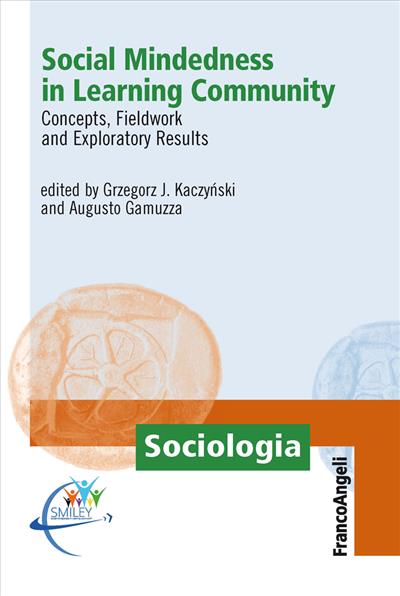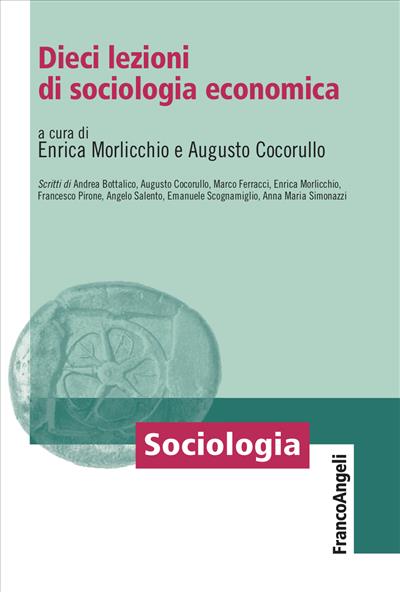
A cura di: Grzegorz J. Kaczynski, Augusto Gamuzza
Social Mindedness in Learning Community.
Concepts, Fieldwork and Exploratory Results
The virtual environment, in which connections among people are established as well as connections among information objects, permits the evolution of the educational systems through the re-inventing of tools for learning even thanks to the use of Information Communication Technologies in education. SMILEY experience, described in this volume, wants to shed an operative light upon this core issue describing the project, its founding elements, its interlocutory results.
PDF con DRM
18,99
PDF con DRM
18,99
Pagine: 160
ISBN: 9788856864106
Edizione:1a edizione 2014
Codice editore: 1520.738
Possibilità di stampa: No
Possibilità di copia: No
Possibilità di annotazione: Sì
Formato: PDF con DRM per Digital Editions




